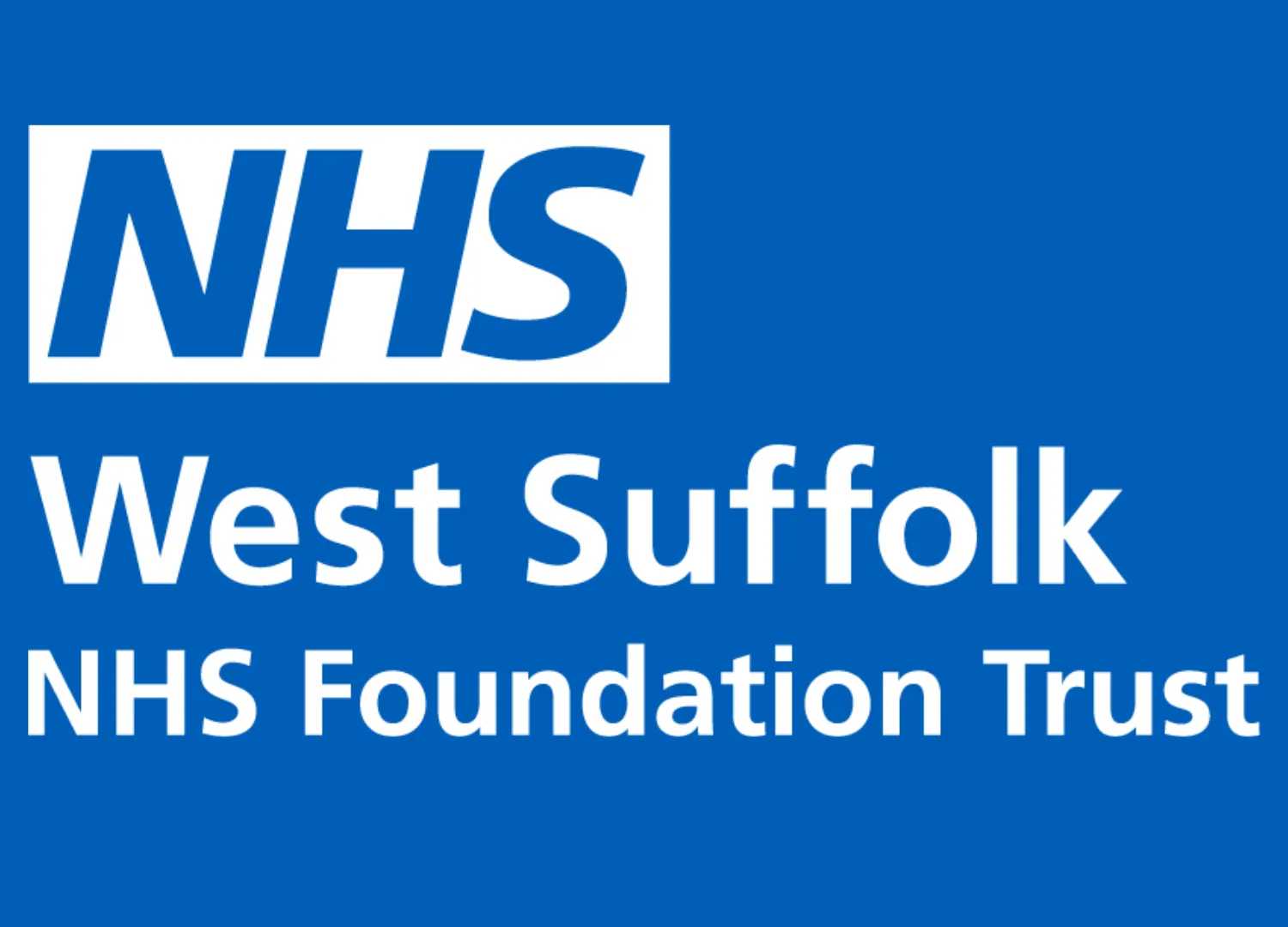We monitor our social media between the hours of 9am to 5pm, Monday to Friday. We may not respond to questions or complaints outside these hours even if we are posting from our accounts.
The Trust uses social media platforms, such as X, Facebook, LinkedIn, YouTube and Instagram to provide information to people that use our services, their carers and the wider public.
We welcome comments and engagement with our posts and the digital content we post on our social media accounts.
The Trust's communications team manage the platforms, alongside other staff from our services. These staff are not medical professionals or clinicians. If you need help from a specific Trust service, you should get in touch directly using the contact details you have been given.
We know and respect that people may have different views and experiences they want to share on social media, but the Trust will not tolerate or accept any form of abuse or cyber-bullying on our platforms.
We will act if content in any format (such as comments, videos, images, GIFs, attachments, links or emojis) is interpreted as:
- Defamatory, slanderous, misleading, or false
- Abusive or threatening – this includes swearing, adapted spellings with the same meaning, etc
- Intimidatory towards our staff, elected members, or other platform users
- Mentions a staff member or service user by name, making them identifiable to others
- Containing allegations against staff or other service users
- Inciting hate crime or hate crime words
- Obscene, profane, or sexually-oriented
- Discriminatory in any way
- Promoting illegal activity
- Promoting individual products or services
- Completely off-topic
- The same message posted many times, otherwise known as ‘spamming’
- Controversial, irrelevant, and off-topic, otherwise known as ‘trolling’.
The action we will take
If your content falls into the categories listed above, the Trust may take steps to hide or delete the post.
Our approach will be to:
Respond to your content and/or direct message. We will explain the reason we deem the post to be inappropriate and ask you to remove the post immediately.
If you do not respond in a timely manner, we will have no option but to block your access to our social media accounts. We will let you know before we do this.
In serious cases, such as allegations against staff or if the content is part of an investigation or could be deemed a safeguarding issue, we will have no option but to immediately remove the comment.
If we see frequent posts and comments that are deemed as inflammatory, misleading, controversial or any posts which may cause distress, we will take immediate action to block your account. We will not have time to tell you we are doing this.
In some cases, we may take action to screenshot a post and save them offline. We will store these in line with GDPR guidelines. In some cases, we may alert or forward posts to service managers, the police or partner organisations, if there is a need to raise awareness of the content or if it is to be used to support action that will be taken including an investigation.
Personal cases
The Trust will not discuss information relating to an individual on a social media platform – even if the case relates to you or someone known to you. In these circumstances we want people to talk to us directly, the Trust take your concerns seriously and we would encourage you in the first instance to talk directly to the service. You can find the contact details of our services, or if you wish to discuss your care or treatment, submit a compliment or complaint, you can do this by contacting our patient advice and liaison service - PALS team PALS (Patient advice and liaison service)
For independent support, you can contact local Healthwatch organisations.
Hate crime
Hate crime is defined as any incident that is seen by the victim (or any other person) as being motivated by prejudice or hate towards their actual or perceived social identity. The law recognises five types of hate crime based on:
- Race
- Religion
- Disability
- Sexual orientation
- Transgender identity.
In these instances where the law recognises any hate and harassment as a crime then action will be taken in line with criminal or non-criminal behaviour, described as actions such as offensive comments or images on social media or text messages.
Safeguarding
The Trust has a duty of care to protect vulnerable adults and children that we meet or encounter from abuse and harm. The Trust has safeguarding policies in place which will be referred to if a safeguarding issue has been identified. Action on any content that can be deemed a safeguarding issue will mean that the posts/posts will be saved offline and passed on to the relevant organisation to ensure we retain our duty of care.
Threatening behaviour and allegations against staff and elected members
We have a zero-tolerance to threatening behaviour on our social media accounts as well as posts/comments which make allegations about our staff and in doing so name them. We will immediately remove any content that can be deemed as such, as well as posts which are threatening, harassment or could cause distress to our staff or elected members. We may screenshot posts and forward them to colleagues within our Trust, the police and partner organisations.
